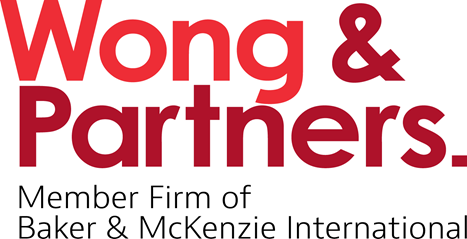In brief
In a move towards regulating digital platforms, the Malaysian Communications and Multimedia Commission (MCMC) announced on 5 September 2023 (“Announcement“) that it:
- Had been in discussions with certain online platforms to address the challenges posed by the evolving landscape of online media
- May be seeking to introduce a regulatory framework (in the manner of Australia and Canada) to ensure that news content creators are fairly compensated by online platform providers who use their content
- Aims to implement “rules of the road” for implementation of artificial intelligence technology (AI)
In depth
Content on digital platforms
In the lead up to the Announcement, the approximately nine-month-old Malaysian government has been actively engaging in dialogue with online platform providers to discuss the initiatives being adopted to prevent the dissemination of problematic content on their platforms. Particularly, the Malaysian government has mentioned on multiple occasions that it is concerned about the rampant proliferation of child sexual abuse material; online gambling; content inciting Race, Royalty, and Religious discontent; scams, sale and promotion of illegal drugs and prohibited substances; and the spread of disinformation and fake news on online platforms.
The MCMC is not alone in its efforts to advance online safety and is one of many agencies globally seeking to intervene to protect the public from harms in the online space. While the Announcement does not identify specific measures required of online platforms in combating harmful content, the Announcement hints at such engagements being a precursor to more specific regulations or laws being introduced to regulate online platforms (and the content being made available) by the MCMC.
An example of such a framework is the EU Digital Services Act which among others, imposes on providers of intermediary services (e.g., social media platforms) the obligation to undertake stricter due diligence on its users’ content, which is unlawful, constitutes disinformation or is considered a risk to society.
Fair compensation to news publishers and promotion of local content
The Announcement does, however, highlight that MCMC is specifically considering the introduction of regulatory frameworks to ensure news content creators are fairly compensated by online platform providers who use their content and that local content is promoted.
The MCMC cited the Australian and Canadian legal frameworks as examples of the direction it may be looking to head to. For example, the Australian News Media and Digital Platforms Mandatory Bargaining Code (which came into effect in 2021) (“Code“), allows eligible news businesses (which are required to register with the Australian Communications and Media Authority) to bargain individually or collectively with these digital platforms over payment for the inclusion of news on the digital platforms and imposes minimum standards on these digital platforms such as for providing advance notice when they make algorithm changes relevant to the ranking of news content.
In April 2023, Canada has also enacted the Online Streaming Act to bring online streaming platforms under the scope of the Canadian Broadcasting Act and hold them to Canadian content requirements that traditionally only applied to television and radio channels. The new legislation imposes minimum Canadian content and language requirements and contribution fee requirements for online streaming services.
Recognition of the importance of AI
In the Announcement, the MCMC also acknowledged the importance of AI and indicated the intent to implement “rules of the road” for AI use. These may include plans to encourage fair competition, strengthen intellectual property rights, protection of consumers from online harms, and privacy.
Key takeaways
Our ever-increasing dependence on digital technology has resulted in scrutiny over the inequalities created by, and the harmful effects of, content online (and AI). To mitigate such harms, intervention from the government is necessary. The latest developments from the MCMC are thus likely to represent only the beginning of more intrusive regulation.
For online operators, this may mean an increase in costs of compliance in the coming years. The legal and regulatory developments in this area should be closely followed and where able, online operators may wish to commence an assessment of the adequacy of their current practices, processes, and measures to prepare for the introduction of these new regulatory requirements moving forward.
* * * * *

This client alert was issued by Wong & Partners, a member firm of Baker McKenzie International, a global law firm with member law firms around the world. In accordance with the common terminology used in professional service organizations, reference to a “partner” means a person who is a partner or equivalent in such a law firm. Similarly, reference to an “office” means an office of any such law firm. This may qualify as “Attorney Advertising” requiring notice in some jurisdictions. Prior results do not guarantee a similar outcome.



